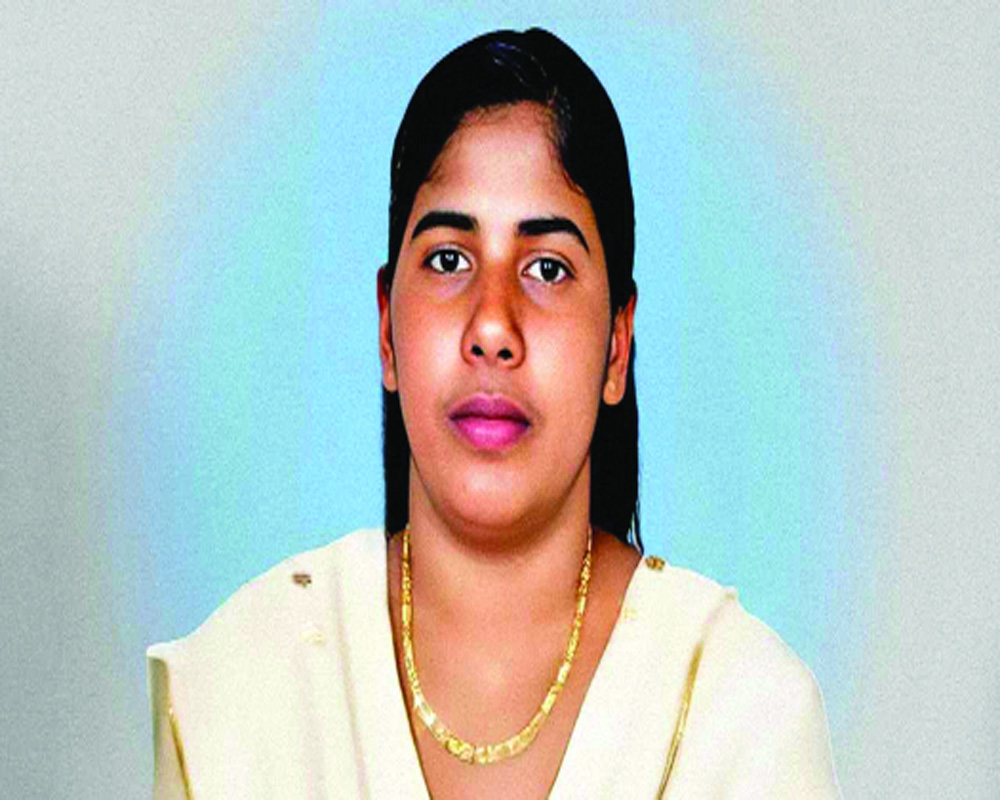Priya’s story reveals a harrowing struggle. Efforts must intensify to stop her execution and ensure repatriation
The story of Nimisha Priya, a nurse from Kerala, currently on death row in Yemen, has sparked widespread debate and concern. With her death sentence sanctioned by Yemen’s President Rashad al-Alimi, the clock is ticking on securing her release. Her story is not an isolated case but an ordeal that many workers face in the Gulf and many other countries. This case is not only about the fate of one individual but also raises critical questions about justice, diplomacy and human rights. Nimisha Priya, a trained nurse, moved to Yemen to work in private hospitals and make a career. In 2015, she partnered with Yemeni national Talal Abdo Mahdi to set up a clinic in Sana’a. Yemen’s laws necessitate local sponsorship for businesses and Mahdi played that role for Priya. However, this professional relationship spiraled into a nightmare. Mahdi manipulated ownership documents of the clinic, claimed he was her husband using forged and morphed photographs and seized control of her finances. She was harassed mentally and subjected to physical torture and imprisonment in her own home. In 2017, desperate to reclaim her passport and escape his clutches, Priya attempted to sedate Mahdi. Unfortunately, the sedatives proved fatal due to an overdose, leading to his death. The Yemeni judicial system found her guilty of murder, sentencing her a death sentene.
Efforts to appeal her conviction have been exhausted, with the Yemeni Supreme Court and President rejecting her pleas. While Mahdi’s death is undeniably tragic, Priya only wanted to regain her life and runaway from coercion and cruelty. If she is executed than it would be travesty of justice and would mean penalising a victim. Priya’s actions, though legally punishable, occurred in a context of desperation and fear for her safety and freedom. The Government of India must assist Nimisha Priya and her family in securing her release and repatriation. Her release hinges on a complex process involving Yemen’s tribal justice system and the payment of blood money to Mahdi’s family must be paid by the accused to get a pardon. High-level diplomatic discussions with Yemeni authorities and tribal leaders are essential to secure a waiver of the death penalty. Besides, mobilising public support to raise blood money can be a way out. Employing a dedicated legal team with expertise in Yemeni law and tribal negotiations is crucial to ensuring fairness and efficiency in the process. Highlighting Priya’s case on global platforms as a human rights issue may garner international support and pressure Yemen to reconsider her sentence. Priya’s case underscores the plight of expatriates caught in abusive circumstances. Her actions, while grave, were not premeditated but driven by self-preservation against a backdrop of systemic exploitation. Repatriating Priya to India would allow her a better trial. The Indian government and civil society must step up efforts to secure her release and ensure she receives a fair chance to rebuild her life.
























